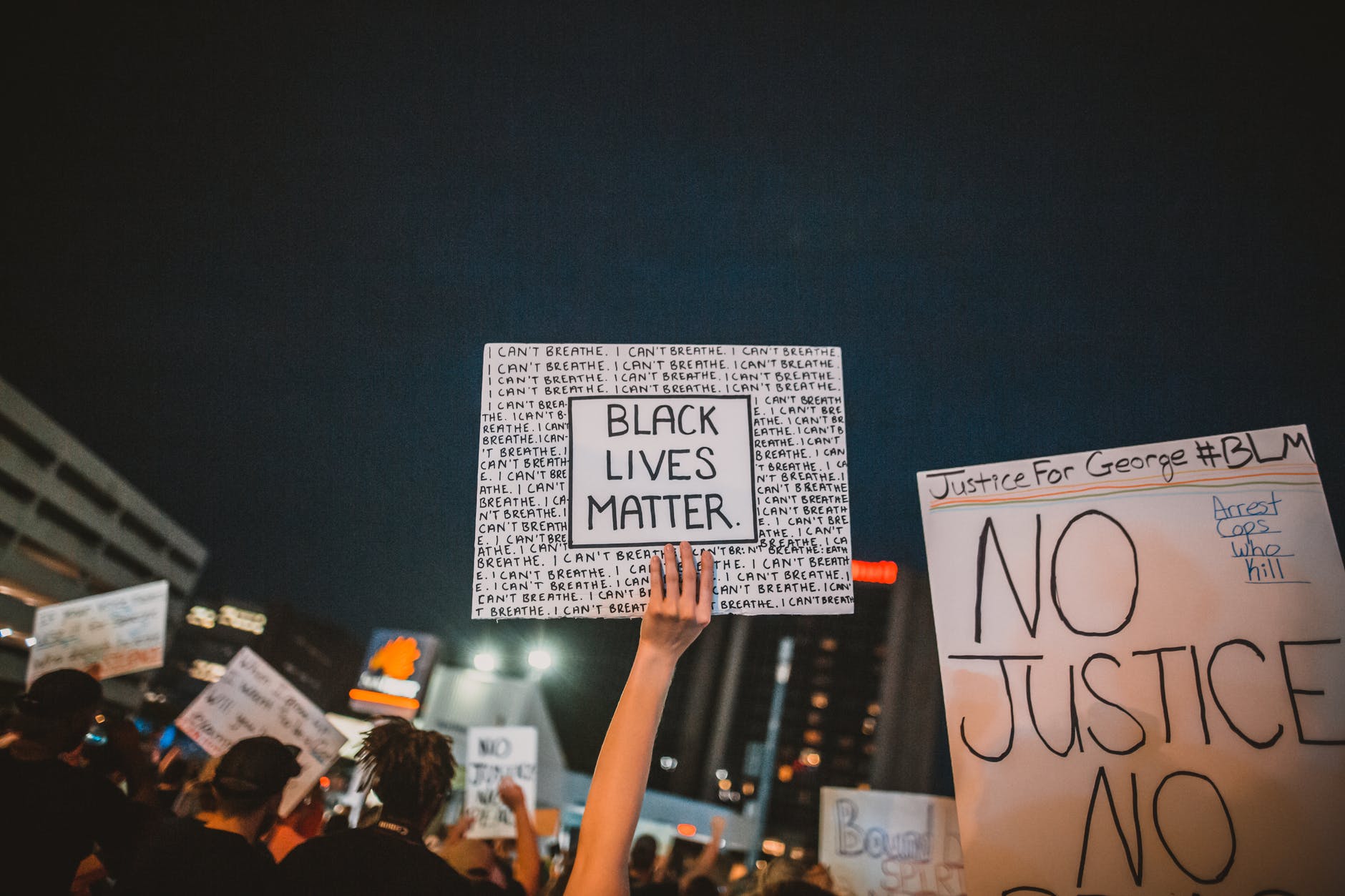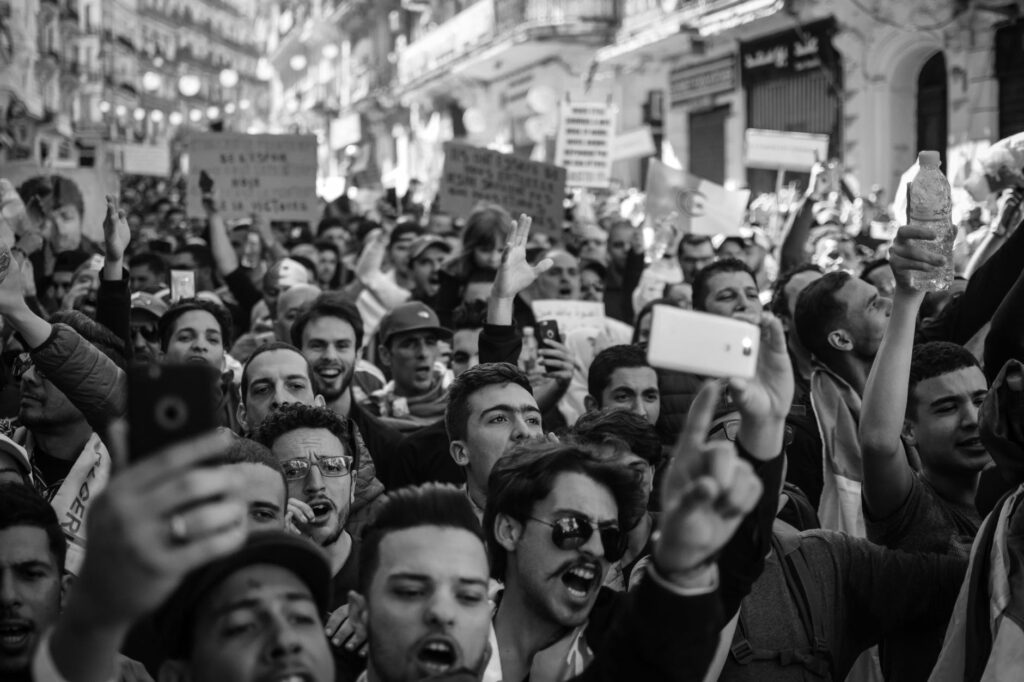
Over the past few years, Cancel Culture has grown in popularity but what people consider to be a new trend/movement has actually been around for much longer. Without adopting the name, Cancel Culture has previously been known as public shaming. Embedded into society and popular culture, such actions were visible in Nathaniel Hawthorne’s The Scarlet Letter and more recently the film, Easy A starring Emma Stone. Both shaming women’s sexuality, cancelled culture gained true momentum during the #metoo movement, showing a correlation between sexual freedoms and a woman’s image.
TECHNOLOGIES ROLE WITHIN CANCEL CUTLURE
Technology and social media have played a big part in the growth of cancel culture. Twitter, being the main platform for where it takes place, has allowed people to public shame on a global scale and at lightning speed. The use of #cancelled and #*insert name*isoverparty has created an online culture where ordinary people hold power over the famous and gives a voice to the voiceless.
Our digital footprint has made it easier for people to uncover old tweets, videos and images that were made public years ago that may now be deemed offensive. The uncovering of such, alongside cancel culture has allowed people to be held accountable for things they’ve done in the past – most recently, England Cricketer Ollie Robinson.
CANCEL CULTURE WITHIN THE WORKPLACE
As cancel culture takes over, fears develop over it bleeding into our workplace. Companies dreading the thought of being cancelled are beginning to take steps to avoid such, illustrating the impact cancel culture has on our society. Many believing it’s going too far as companies have the ability to monitor their employee’s social media. Such access can result in employee’s either being fired or reprimanded for actions outside the workplace which may not go hand in hand with the company’s standards. Are boundaries being crossed between private and work life?
New challenges are also being faced by companies as employees could whistle-blow on social media and be accused of tokenism i.e. employing people from minority groups to avoid being accused of racism, homophobia etc.
IS IT GOOD OR BAD?
Seen as a capitalist form of protest, cancel culture has encouraged representation, inclusivity and acceptance within our society. It has also led to important movements such as the MeToo movement and BLM – offering a community to share experiences. This has led to the convictions and boycott of Harvey Weinstein, Bill Cosby and Michael Jackson and, offering a form of societal justice.
However, some perceive cancel culture as a form of cyberbullying; people being quick to jump on the bandwagon and cancel individuals for no reason whatsoever. Deemed as a toxic community, people fear that this has prevented the freedom of expression, blocking the exchange of ideas and denying people to have different thoughts and opinions.
Another view to cancelled culture is that it’s not a real thing. In most cases, the individual suffers no long-term punishment or effects, and eventually returns to stardom within their field.Is it a toxic community or a group of online vigilantes? In today’s world there are certain social and political views we must conform to – I have no issue with acceptance, equality etc. but I think the issue with cancel culture is that we don’t allow a conversation to even take place – we immediately write off those who don’t conform, which is dangerous as it bodes the question of whether we have any freedom of expression left.
Written By Malin Jones – Click on the link to see her LinkedIn.
